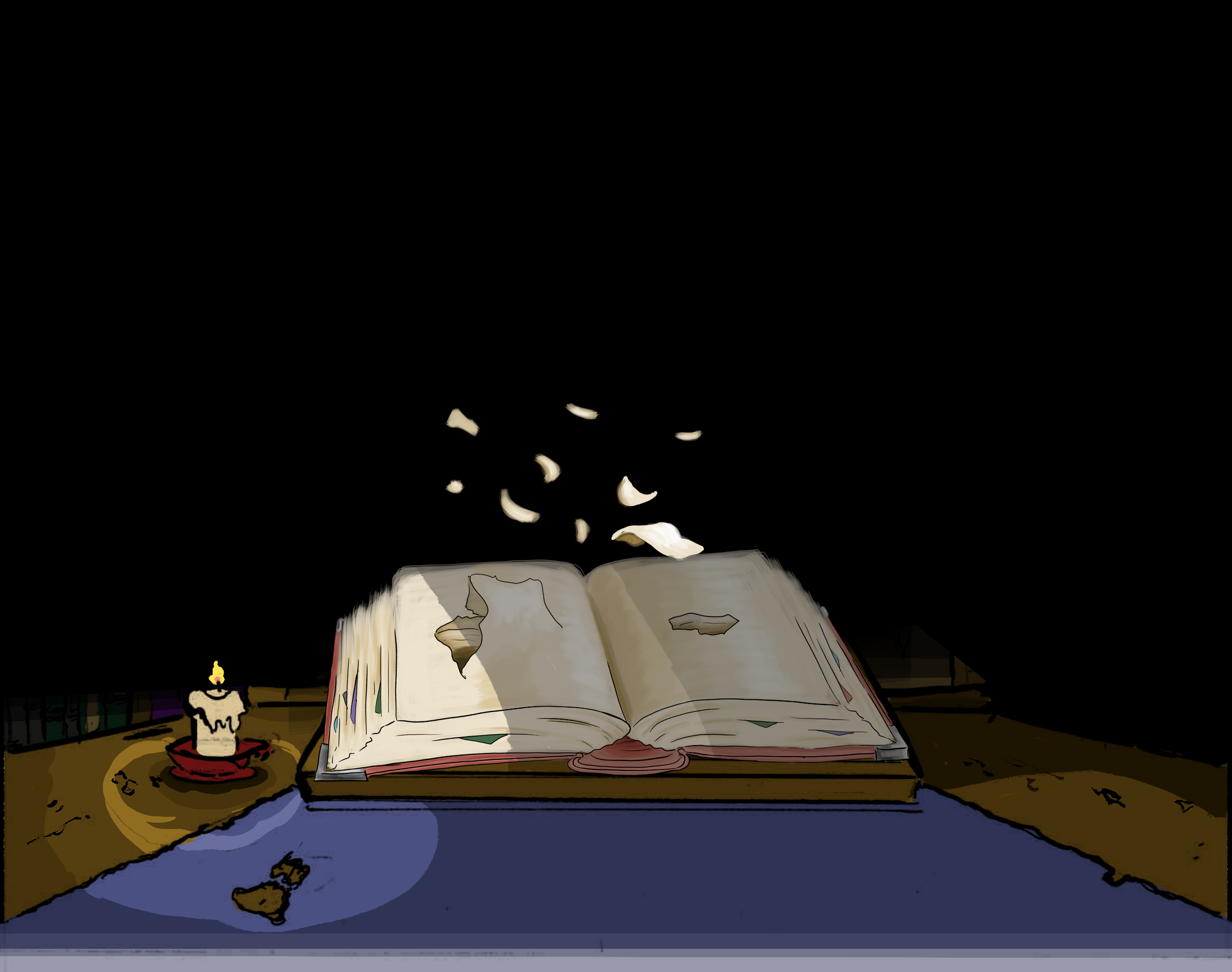
What makes us "Humans"
Defining a hard to pin word
The following documents appears to be an anonymous opinion letter. It quotes fragments from a few Encyclopediae
Redefining "Humans": on a word that should not drift.
As anyone could guess, professoring for the Library Public Courses means ones gets to read and correct lot of documents. Editing and correcting pre-published books has a similar effect.
Over the past twenty years, I have been both. I have probably several thousands student essays, and hundreds of book chapters.
Of course, such an amount is far from enough to get a real grasp of a language's evolution. I would never consider myself as an authority on such a complex subject as linguistics than any of my peers. Still, what appears to me as a recent evolution in the use of a word worries me, and I think it is my duty to provide an appropriate warning.
I am, of course, referring to the word "human".
Human is an ancient word in the Merinian common tongue. As per its root, it means "dirtling", or "people of the ground". More generally, the word has always been used to refer to any and all sapient creatures that can be regarded as people in any given country.
Because of that definition, as far as linguistics can go, human has described several species of people, both descended from birds and from mammals. Three species in particular are almost universally recognized as humans. They are the human birdkins closely related in appearance to populations of macaws living in the southern jungles; human Condoris, related to other birds of prey, are among the largest flying birds of the Cylinder; and finally the human Homini, closely related to at least two different species of hairless apes respectively living in the northern belt and the southern jungles. Other species, such as Social Bears or Mountain Hounds, are considered as humans in some nations but not all.
This definition, with all its obvious limitations and necessary vagueness, have remained dominant in the Cylinder for most records. However, societies change. And with them, so do languages.
Over the past few years, schools of thought and associated movements have arisen around the following idea: that Homini humans were the original sapients inhabiting the Cylinder. That their position as opressors in Merinian, Middelian, Sheherper, and so many other cultures is not the fruit of random history, but well-deserved. That other human species are, somehow, inferior. Less.
As of today, the prehistory of the Cylinder, its origin, and its formation, are all but answered scientific questions. While it is commonly accepted that the Cylinder must have formed, or been created, at one specific point in time, there is no consensus regarding how that came to be. Similarly, the state of the Cylinder's population at its beginning, are unanswered questions. Besides, even if that question was to be answered, the modern intrinsic value of humans is by no mean dictated by their species, or the "age" of that species.
Supremacist ideologies do not rely on scientific or rational discourse. They never do.
Oddly enough, one of the arguments regularly used by homini-supremacist defenders is one of linguistics. In numerous languages throughout the Cylinder, the the word for Homini has a similar root as the word for humans. In my recent correction works, I observed an increase in what I consider a misuse of the word human. More and more, people use it as referring "by default" to Homini people, with a need to specifically mention when the word refers to other human species as well. This needs to be avoided.
The rest of the document is indecipherable.
All the content displayed in Maana's Cylinder, and Maana's Expansion, was created by Pouaseuille unless specified.
Cover image:
by
Pouaseuille



The taxonomic name is more about culture and creationism, gives a good insight to the ideas of the people that use it. I really enjoy the very relatable idea of some desk-write complaining about the morphing of the use of a word. "You can't use it in that way, that's not what it should mean". But language is fluid and it has and will change. That's not to say change is moral, in this case it doesn't seem to be, just that it does happen and there are people who will fight against it. It's a great thought exercise that delicately addresses our on biases towards the term to help us (the readers) better understand the Cylinder's use of the term.
Hey! Yeah, this article was a bit meant to seem like a rant by someone angry against the unavoidable evolution of a language, in a context of cultural tensions in the Cylinder. It was a bit of an interesting exercise to write, to discuss how the term is used here and its implications. Some things are not "human" in our world but are in the Cylidner (Birdkins, Condoris, etc and some things from the Cylinder used to be "human" but are arguably not anymore.